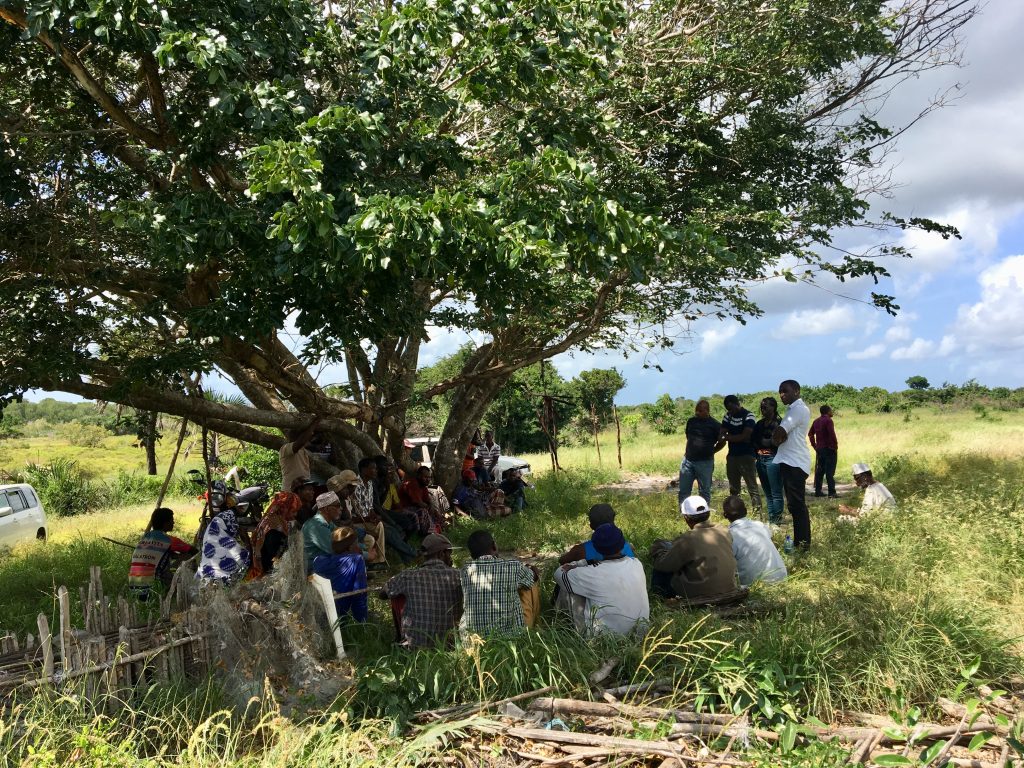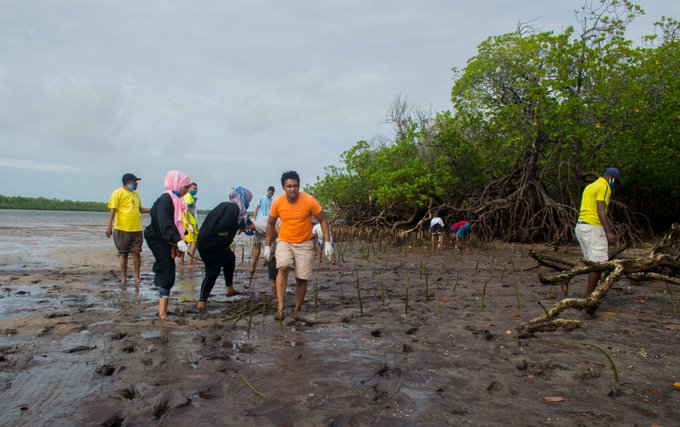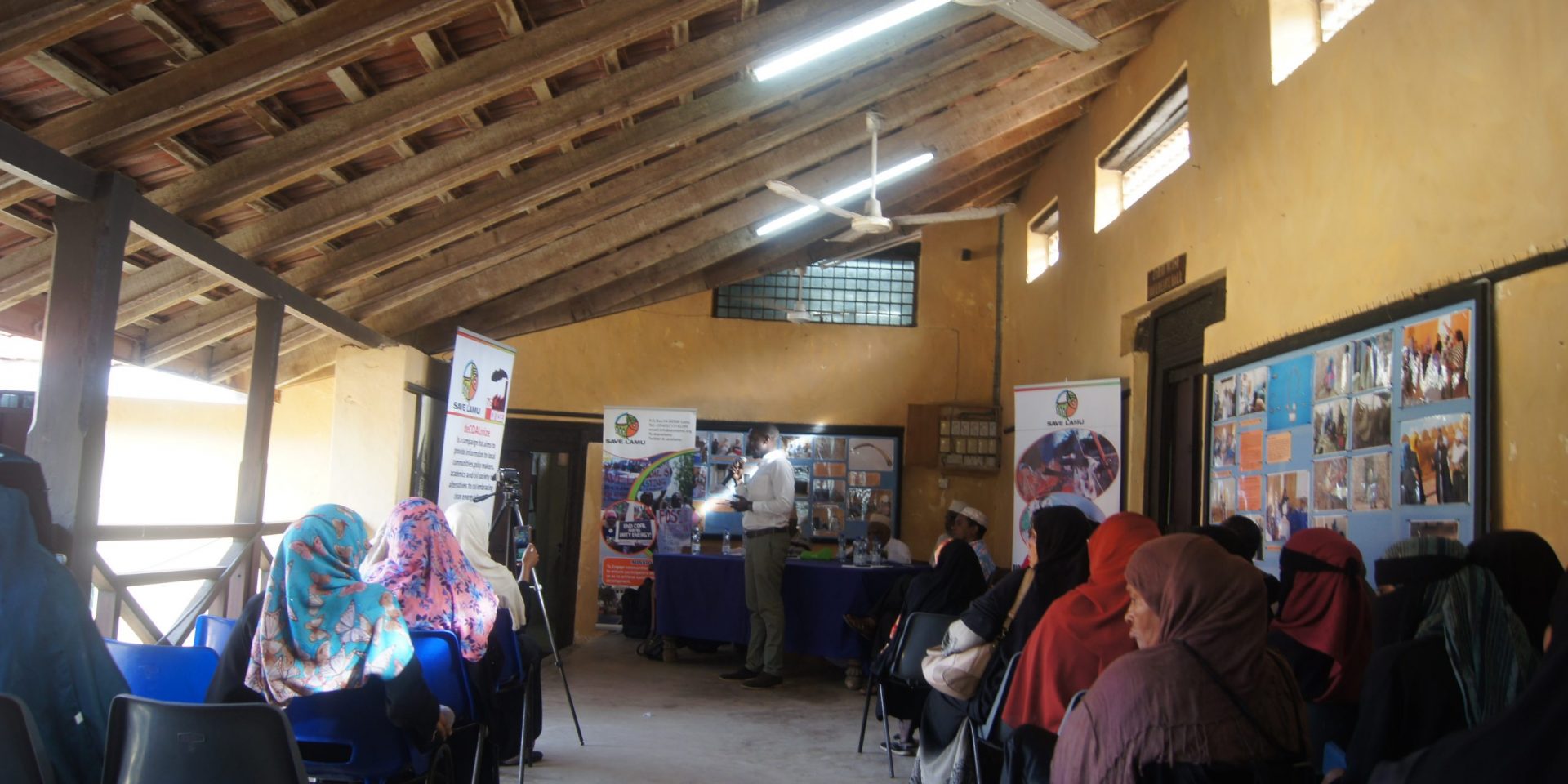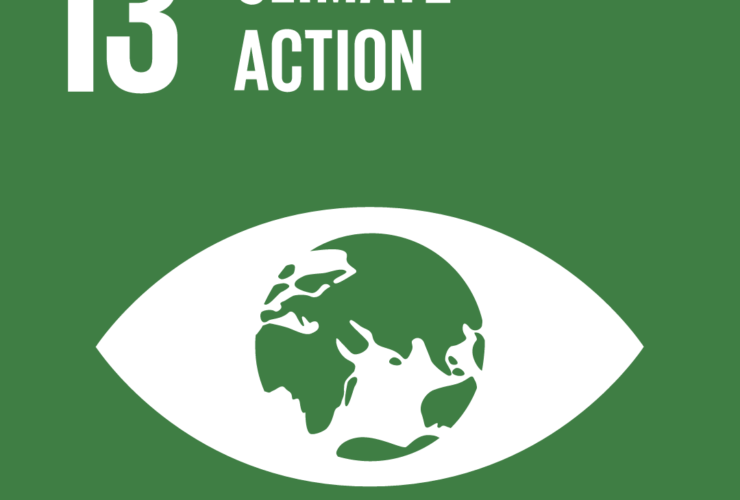Why we should involve women in project decisions: the case of Lamu Coal Plant
By Serena Patel
In the face of mega-development projects and a controversial coal-fired power plant that disproportionately targeted the indigenous, disenfranchised people of Lamu, Kenya, the community has shown utmost resilience in demanding justice. Thanks to vibrant grassroots movement like Save Lamu, who provided residents a platform to showcase a great force of unity. Fisherfolks, farmers, youth, lawyers, and community leaders pulled together to oppose the proposed coal power plant.
Many people took for granted how women in Lamu formed the forefront of this campaign and remained very vocal even now
The role women played in keeping the proposed coal power plant away from Lamu cannot be emphasized enough. They showed up for the public participation processes (even though their participation was greatly undermined by factors like timing, information, and comfort), openly opposed the project, and some of them ended up as witnesses in the case. But that’s just scratching the surface.
For a very long time, women’s voices have historically been silenced or ignored – in part due to socio-cultural reasons. They’re often overlooked in development matters. This makes the activities of Lamu women especially critical at a time when Africa, and Kenya in particular, is on a development path dependent on compulsory land acquisition and clearing of vegetation for these projects.
These inequalities distinctly show up when we observe how women interact with their surrounding environment. In many societies, women farm the land and sell the produce – including fish from the lakes and oceans, but project proponents rarely consult them when the government acquires say farmland for a development project or decides to reclaim fishing sites to build huge ports like the Lamu port.

Where project proponents consult host communities, they exclude women. The men who are consulted hold any negotiation power and ability to squander any compensation money, leaving the family in abject poverty.
From the conversations I had from my brief stay in Lamu, I was shocked to learn this had happened when the government acquired land from the Kililana farmers in Lamu.
The insensitivity by the government and project proponents when discussing compensations is quite staggering. Compensating the men as leaders of the family or title holders while ignoring women who manage the land is a huge injustice. A 2013 World Bank study showed that 80% of Kenyan farmers are women, yet they have few to no ownership rights over the land. Never mind that in a meeting of 25 farmers, only one female farmer was present.
These realities should propel project proponents to include and prioritize women as core stakeholders in these meetings for development projects and make them feel comfortable to participate effectively and share their concerns and insights.
While in Lamu, I had a candid conversation with one of the community leaders from Sauti ya Wanawake (one of the CBOs that is part of Save Lamu) named Raya Famau. Raya is a board member of Save Lamu and the deCOALonize Campaign. She is a passionate Aweer mother from Faza Island. She represents the busy, silenced women of Lamu and empowers other women to speak their truths.
While Raya remains steadfast in demanding justice for women in Lamu, and though the Lamu coal plant has been temporarily stopped, the community still suffers. For instance, the Kililana farmers gave up their land for the LAPSSET project allocated to the coal plant. Yet many still wait for their compensation. Their prospects look gloomy considering the government has not won over the community with the proposed coal plant. What then becomes of those whose land was taken but haven’t been compensated?
So, women have access to their farmlands, but they cannot farm it, and neither can the government that acquired it do anything on it as the matter is still in court. Nothing guarantees that these women or the wives of these farmers will get anything from the court anyway.

Women grow 70% of the food in Africa yet are limited to discriminatory laws restricting equal land rights. The cases in Lamu alone should lead to robust discussions on how best to involve women in decisions that concern them. A beginning point for this type of discussion would be the need to relook the education system as it relates to women. With men in the financial decision-making role, it is a lower priority for husbands to support their wives’ education compared to their sons’.
Meaningful public participation, community empowerment, and access to skilled labor also rely on equal access to education. My contact, Raya, is one of a handful of women who holds a degree in Lamu and has used her privilege to give more women a platform to engage and speak up. Women hold a wealth of indigenous knowledge and expertise that can lead to environmental education, protection, adaptation, and grassroots resilience programs.
In Lamu, the movement connects organizations that partner community members with mentors. Groups like Women in Sustainable Energy and Entrepreneurship (WISEE) hold workshops, other grassroots women-led environmental education programs such as job training in renewable energy or using sustainable energy sources for clean cooking and electricity .
It’s impressive what Raya is doing, and we urgently need to support similar women-led grassroots community development and act now on these systematic discriminatory issues.
It is only by closing the gender gap in land ownership, providing access to educational tools for all age groups and genders, and supporting women in decision making roles, shall we see compounded success in achieving sustainable development goals.
The writer is a Data Science Associate at Berkeley Lab – a Department of Energy (DOE) Office of Science lab managed by University of California.



